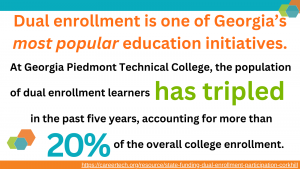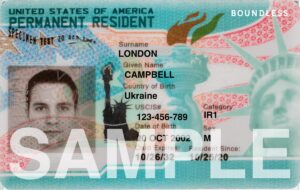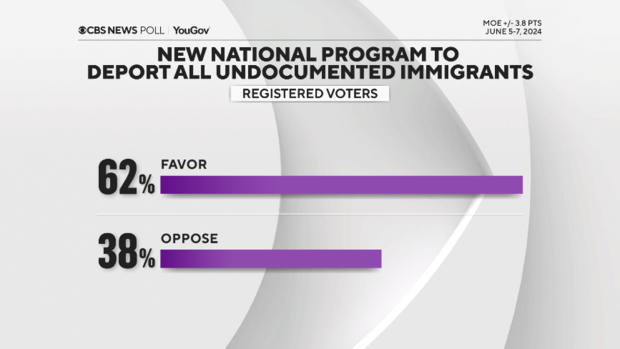
DeSantis targets Florida’s college tuition break for ‘Dreamers’
TALLAHASSEE, Florida — Florida appears poised to scrap a longstanding tuition discount at state colleges and universities offered to undocumented immigrants, as Gov. Ron DeSantis signaled Monday that he wants the state Legislature to quickly dissolve the policy.
GOP lawmakers, particularly in the state Senate, have already supported the idea, but now it could come to fruition as soon as this month after DeSantis said he would call for a special legislative session to address immigration coinciding with the incoming Trump administration.
Ending Florida’s tuition break for undocumented students would raise the cost of attending college for thousands of students, a move DeSantis claims is necessary because “preferential” treatment encourages illegal immigration.
“No more excuses on this,” DeSantis told reporters Monday. “We need to remove all incentives for them to come here illegally and this is one of them. (More here).























